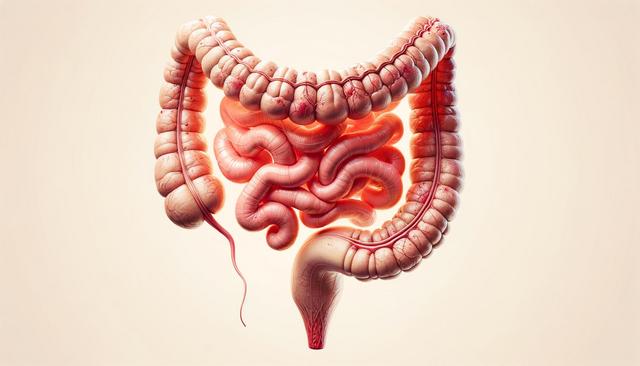What Is Colon Cancer?
Colon cancer, also known as colorectal cancer when referring to both colon and rectal cancers, begins in the large intestine. It typically starts as small, benign growths called polyps, which can become cancerous over time. While the exact causes of colon cancer are still being studied, several risk factors contribute to its development, including age, lifestyle habits, and genetic predisposition. Recognizing how this cancer begins is the first step in understanding how to prevent and treat it effectively.
Polyps in the colon may not initially cause symptoms, which makes regular screening crucial. If left undetected, these polyps can evolve into malignant tumors. Colon cancer tends to grow slowly, offering a valuable window for detection and intervention. Understanding the biology of colon cancer, including how it spreads and develops, can empower individuals to take proactive steps in managing their health.
Symptoms and Early Warning Signs
Early-stage colon cancer often presents no symptoms, which is why it is frequently referred to as a ‘silent’ disease. However, as the cancer progresses, certain signs may emerge. It’s important to be aware of these symptoms and respond promptly if they occur. Common symptoms include:
- Persistent changes in bowel habits, such as diarrhea or constipation
- Blood in the stool or rectal bleeding
- Unexplained weight loss
- Fatigue or weakness
- Abdominal discomfort or cramping
These symptoms can also be associated with other gastrointestinal conditions, so they don’t automatically indicate cancer. However, noticing any persistent or unusual changes should prompt a visit to a healthcare provider. Timely action can lead to earlier diagnosis and more effective treatment options.
Screening and Diagnosis
Routine screening is one of the most effective tools in the fight against colon cancer. There are several types of screening tests available, such as stool-based tests and visual exams like colonoscopies. These tests can help detect polyps before they turn cancerous or catch the disease in its early stages. For individuals aged 45 and older, regular screening is generally recommended, though the exact timeline may vary based on personal and family medical history.
The diagnostic process may involve imaging tests, blood work, and biopsy procedures if cancer is suspected. Early detection greatly improves the chances of successful treatment. In addition to standard screenings, those with a family history of colon cancer or hereditary syndromes may benefit from genetic counseling and earlier testing.
Treatment Options and Management
Treatment for colon cancer depends on the stage of the disease and the patient’s overall health. Common treatment modalities include:
- Surgery to remove cancerous tissue
- Chemotherapy to target cancer cells
- Radiation therapy, particularly for rectal cancers
- Targeted therapies or immunotherapy in select cases
Each treatment plan is tailored to the individual and may involve a combination of these approaches. Advances in medical research have led to more precise and less invasive techniques, improving recovery times and outcomes. Ongoing follow-up care is also essential for monitoring recurrence and managing any side effects of treatment.
Living with and beyond colon cancer often requires support from healthcare professionals, caregivers, and support groups. Emotional well-being plays a significant role in recovery, and many patients benefit from psychological counseling or peer support.
Prevention and Lifestyle Considerations
While not all cases of colon cancer are preventable, certain lifestyle choices can significantly reduce risk. Maintaining a healthy diet rich in fruits, vegetables, and whole grains while limiting red and processed meats is often recommended. Regular physical activity, maintaining a healthy weight, and avoiding tobacco use and excessive alcohol consumption are also beneficial strategies.
Preventive measures also include staying informed about personal risk factors, such as age, family history, and genetic syndromes. For those at increased risk, preventive screening may need to start earlier or occur more frequently. Some actionable steps include:
- Eating a fiber-rich diet and reducing saturated fats
- Engaging in at least 150 minutes of moderate exercise weekly
- Managing chronic conditions like diabetes or inflammatory bowel disease
- Attending all recommended health check-ups and screening appointments
By adopting healthy habits and staying vigilant with screenings, individuals can play a proactive role in protecting their colon health and potentially preventing cancer.
Conclusion: Staying Ahead Through Awareness
Colon cancer is a serious but often preventable and treatable condition. By understanding how it develops, recognizing symptoms, and committing to regular screenings, individuals can significantly improve their chances of early detection and successful treatment. Whether you’re at average risk or have a family history, taking charge of your colon health is a vital aspect of overall well-being. Staying informed, adopting a healthy lifestyle, and consulting healthcare providers regularly are essential steps in reducing risk and ensuring long-term health.




Leave a Reply